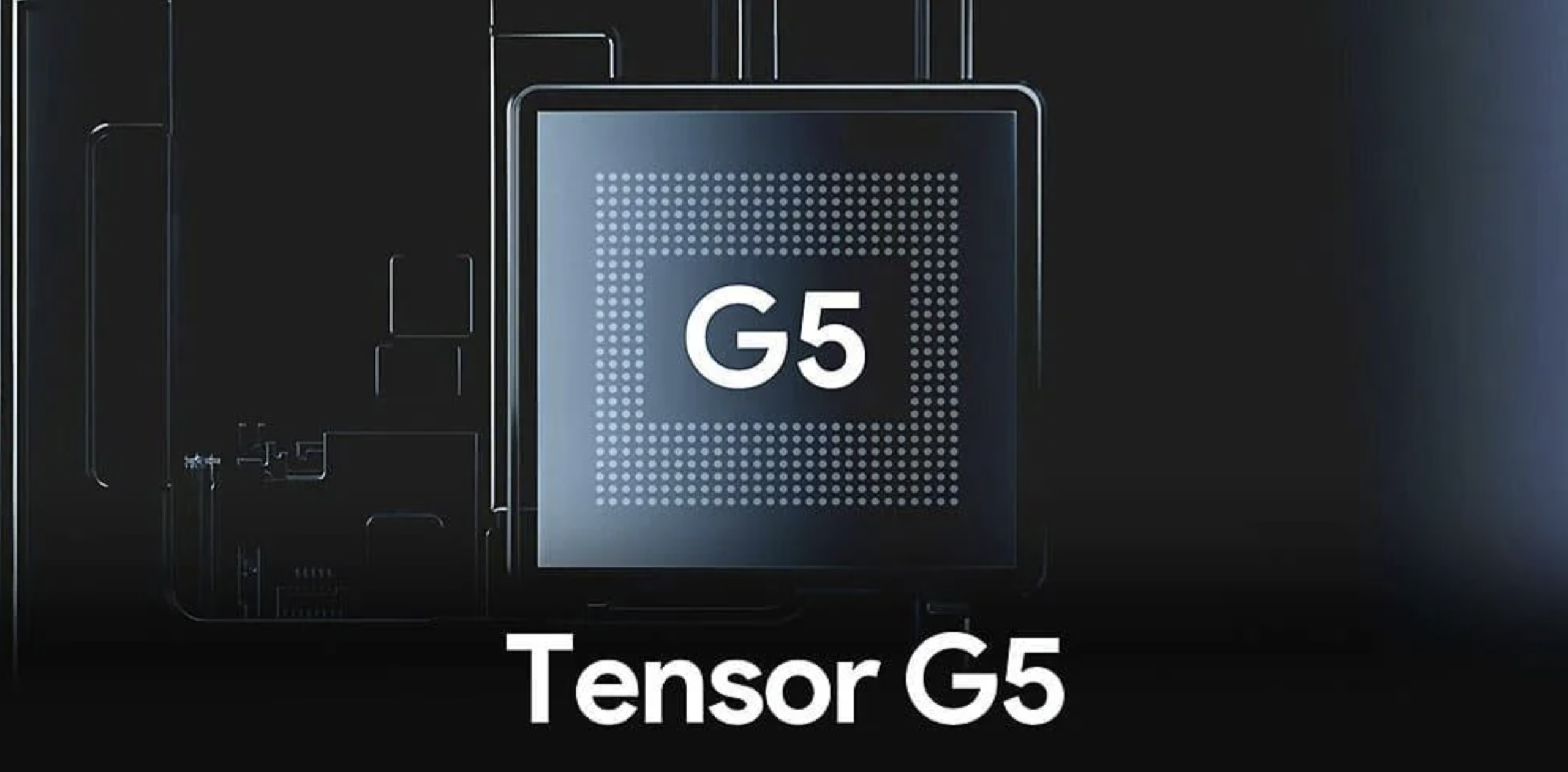lipflip – Google has officially unveiled its new Tensor G5 system-on-chip (SoC). Designed to power the upcoming Pixel 10, Pixel 10 Pro, Pixel 10 Pro XL, and Pixel 10 Pro Fold. The Tensor G5 represents the company’s first chip manufactured on TSMC’s advanced 3-nanometer process node. This cutting-edge technology promises improved power efficiency compared to previous generations.
Although the Tensor G5 had been extensively leaked before its launch, Google’s confirmation highlights its significance in the Pixel lineup. While the chip does not represent a drastic leap in raw performance, the move to the 3nm process is a meaningful step forward for energy savings and thermal management.
Google has not officially released detailed specifications. However, earlier leaks, including Geekbench listings, suggest the SoC features an eight-core CPU. This includes one high-performance Cortex-X4 core running at 3.78 GHz, five Cortex-A725 cores at 3.05 GHz, and two efficiency-focused Cortex-A520 cores clocked at 2.25 GHz. Google claims this setup delivers up to a 34% increase in CPU performance compared to the Tensor G4.
In addition to CPU improvements, Google advertises a Tensor Processing Unit (TPU) that is up to 60% faster, enhancing AI and machine learning tasks on the device. These enhancements aim to improve features such as voice recognition, image processing, and real-time translation.
Tensor G5 Supports Advanced Features and Local AI Processing
Google has yet to officially disclose details about the Tensor G5’s GPU, but industry sources believe it integrates the PowerVR DXT-48-1536 GPU from Imagination Technologies. Notably, hardware-level ray tracing capabilities are reportedly disabled on this chip.
The Tensor G5 also includes Google’s Titan M2 security chip, enhancing device security and protecting sensitive user data.
A key highlight of this new SoC is its support for C2PA Content Credentials. This technology helps verify the authenticity of digital content, addressing the growing issue of AI-generated misinformation and deepfakes. It marks the first time a Google phone integrates this security measure at the hardware level.
Another major advancement is the Tensor G5’s ability to run Google’s Gemini Nano AI model locally on the device. This capability enables several smart features, such as Magic Cue, Voice Translate, and Call Notes, to operate without requiring an internet connection. Running AI models on-device reduces latency and enhances privacy by limiting data sent to the cloud.
Read More : Fujifilm X-E5 Launch Date and Key Specs Revealed
Overall, the Tensor G5 balances moderate performance gains with significant efficiency improvements and innovative AI features. Google’s focus on local AI processing and content authentication highlights its commitment to privacy and security in the Pixel 10 series.
As the Pixel 10 series launches, the Tensor G5 will play a crucial role in delivering a refined user experience, combining speed, power efficiency, and intelligent functionality. This new SoC positions Google as a strong competitor in the evolving mobile processor landscape.
